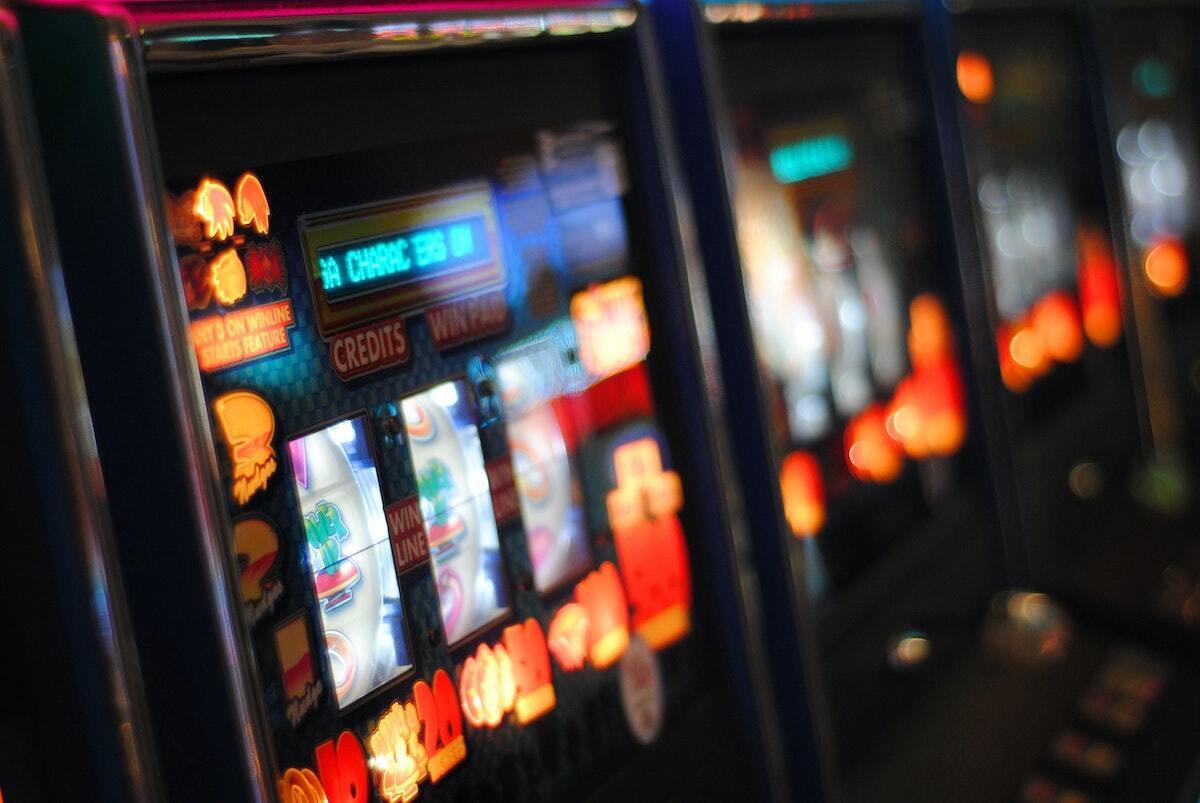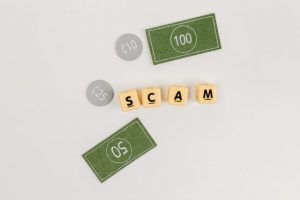Explore how some individuals in Australia attempt to manipulate pokie machines and learn about online gambling in the country.
Get your bonus!

Known as 'pokies' in Australia, these slot games captivate casino enthusiasts with their catchy sounds, the allure of a jackpot, and theme variation, attracting those who can't resist their charm. pokies Nothing else matches the entertainment value pokies bring compared to other casino games.
These fascinating slot machines, promising enticing winnings, lure many who fancy themselves lucky enough to score a big win—though their allure also draws in those poised to cheat.
Let's delve into strategies some gamblers use (though you should avoid them as brick-and-mortar and online casinos have strong measures against fraudsters, and the cost of getting caught far outweighs the benefits). online casinos It's ill-advised to try these pokie strategies yourself as upsetting casino operators can be beyond detrimental, especially when there are alternatives available for enjoying games without risking real money.
It's rare for players to successfully cheat, but casinos have historically been taken advantage of. A determined individual with technical prowess might manipulate the machines to tip the odds in their favor. free pokies Ronald Dale Harris, a notorious cheat, served as an engineer at the Nevada Gaming Commission. He cleverly set up slots to secure consistent wins till his scheme ended when his accomplice won $100,000 in Keno in 1995.
An obsolete yet classic scam involved 'shaved coins.' New advancements in slot technology rendered this trick unfeasible, yet it's remembered in gambling lore. payouts .
Previously, an optical sensor evaluated coin value, allowing shaved coins to be exchanged for fake coins, ensuring continuous play with minimal cost.
Don't jeopardize yourself by using counterfeit coins at physical pokie machines.
Scam artist Louis Colavecchio extensively used fake coins, deceiving casinos for years until his apprehension in 1998. His habit resumed post-incarceration before another capture.

Innovator Tommy Glenn Carmichael devised the 'monkey paw' scam with creativity, involving guitar strings linked to a bent metal rod, which accessed machines to trigger payouts.
You can’t cheat a modern or mobile pokie A vintage scam of the early 1980s involved the 'piano wire' trick: a group in Atlantic City manipulated machines with wires to influence wheel stops and secure illegal payouts.
Requiring dexterity, the 'yo-yo scam' deployed coins attached to strings to engage games, retrieve the coins, and repeat—no longer viable on modern digital machines.
Tommy Glenn Carmichael also executed a scam with a 'light wand' to obscure a machine's optics, disrupting normal function and enabling payouts.
Dennis Nikrasch's artful scam entailed acquiring and modifying old slot machines in his garage to misconfigure chips for continual jackpots.
Having secured new chips, Nikrasch, aided by confederates, infiltrated casinos, swapping old kits for lucratively rigged alternatives.
One remarkably strategic cheating method from previous decades required a specialized tool positioning a curved metal rod through a coin slot to force payouts.
A simple yet effective tactic fooled machines into accepting a dollar note as if it were a hundred—though antiquated, it remains notable.
Has anyone outsmarted slot machines thoroughly?
No documented case definitively proves successful cheating at slots. Yet those bold enough might never boast about it. Meanwhile, casinos continue to confront individuals believing they can bypass the system, perpetuating the age-old intrigue.
Strategizing to outplay the casino yields best results through responsible gaming and choosing the right slots—here’s advice to boost your winning chances.

Promotions introduce extended funds for gaming yet come with stipulations. Opt for bonuses bearing minimal wagering requirements and generous expiration, maximizing potential gains.
Opt for Games with High RTP – Casino games come with a 'return to player' percentage. Typically, pokies boast around 96%—meaning, theoretically, $96 returns from $100 in the long-term, hinting ultimate favor towards the house.